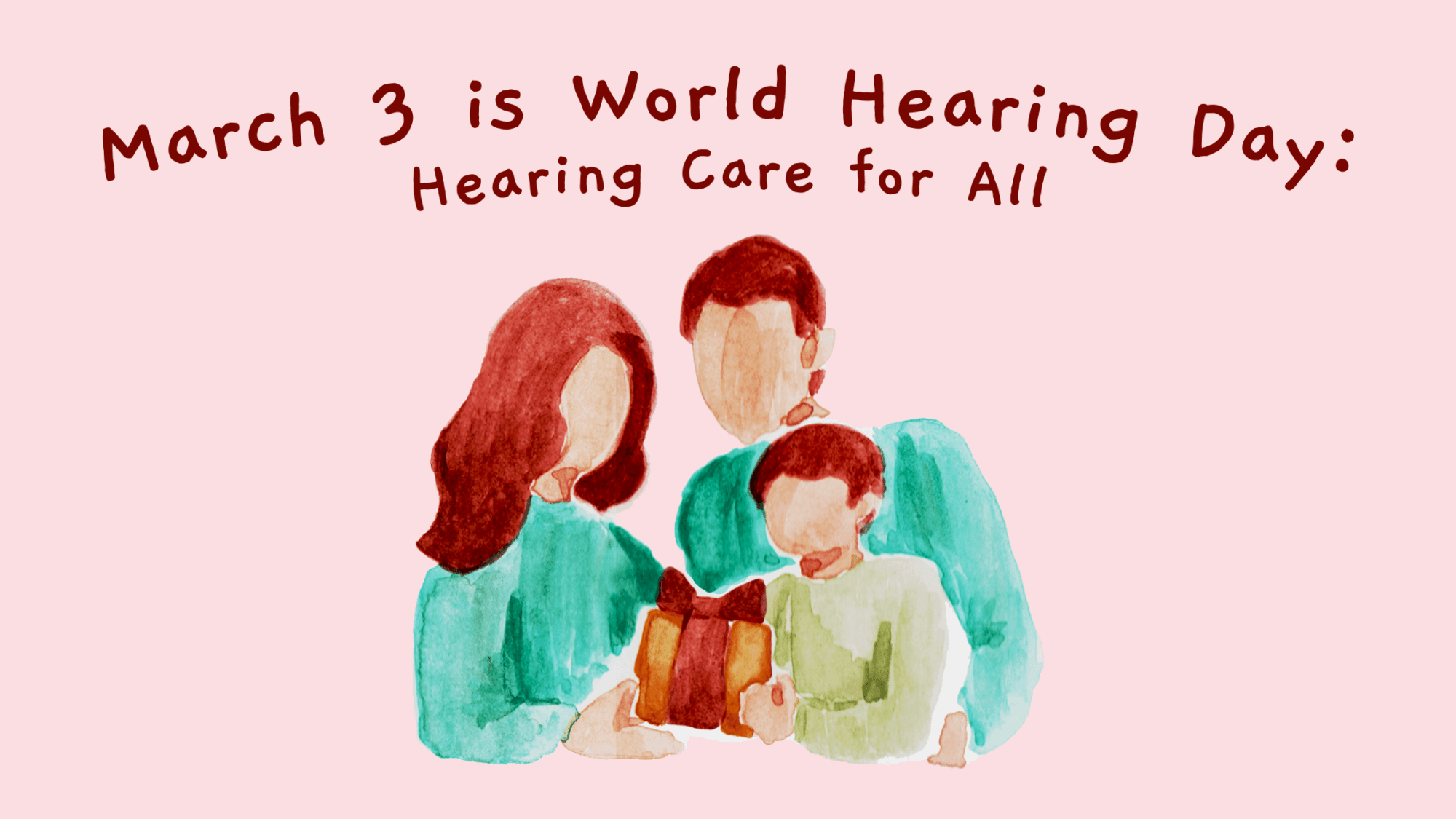- Fall TV Premieres and Using Hearing Aid Connectivity for Better Sound - October 15, 2024
- Answering Common Questions About Hearing Aids - October 5, 2024
- The Role of Artificial Intelligence in Hearing Aid Technology - September 28, 2024
The World Health Organization organizes an annual initiative called World Hearing Day (WHO) every year on March 3. The campaign aims to disseminate awareness and inspire people to avoid hearing loss and improve hearing treatment.
WHO chooses a theme each year, and this year’s theme is ‘Hearing Care For All – Screen. Rehabilitate. Communicate’. According to studies from around the world, unaddressed hearing problems account for a large portion of the burden associated with hearing loss. A survey conducted in the United Kingdom found that only 20% of people with hearing difficulties seek care. According to a study conducted in South Africa, people with hearing issues wait between 5 and 16 years to seek diagnosis and care. The longer someone waits on seeking help for their hearing loss, the worse their symptoms will become.
Hearing loss treatment has been correlated with improved mental well-being, healthier relationships, increased earning capacity, and the prevention of dementia. World Hearing Day is a reminder to people worldwide to educate themselves and their loved ones about hearing loss and get checked and treated if they have it.
An issue on the rise
According to the World Health Organisation, roughly one-third of people over the age of 65 have debilitating hearing loss, which could have a detrimental effect on their physical health if left untreated. Hearing aids can help people manage their compromised hearing and participate in conversations again.
The many causes of hearing loss
Hearing loss can be caused by several causes, both within and outside of our influence. The following are the most common causes:
- Excessive noise exposure
- The aging process
- Genetic traits
- Birth complications
- Complications from infectious diseases
- Long-term ear diseases
- Certain drugs
While you cannot avoid hearing loss altogether, we can all take precautions to protect our ears, such as wearing ear protection while operating with noisy machinery. Unfortunately, the most common causes of hearing loss lead to a permanent type of hearing loss, known as sensorineural hearing loss. Prevention therefore, is always better than the cure.
The signs of hearing loss
Hearing loss is a slow process, making it difficult to identify early signs of hearing deterioration. When you know how to look for hearing loss symptoms, you’ll be better prepared to get your hearing tested for yourself or a loved one.
- Often turning up the volume on the television or radio.
- Having trouble keeping up with conversations (especially in a noisy environment)
- Frequently asking people to repeat themselves
- Isolation and withdrawal from social situations
Hearing loss that goes untreated can be devastating.
Hearing loss should be treated as soon as possible. If you have some of the warning signs of hearing loss, it is recommended that you start with a professional hearing test to prevent guesswork.
Untreated hearing loss, particularly later in life, can lead to serious long-term consequences. The longer you procrastinate on your hearing loss, the worse your symptoms will get. If left untreated, it can cause people to withdraw from social situations, resulting in feelings of loneliness and depression. Hearing loss has also been linked to the early development of dementia in some studies.
What should you do this World Hearing Day?
You’ve already taken a big step forward by reading this article. To go further, make an appointment if you have an issue with your hearing or if someone in your life shows signs of hearing loss.
Hearing assessments are quick and painless. It might be daunting to expose any hearing loss you have, but gearing tests give you the knowledge about your hearing which puts you in the best position to protect it for years to come.
Once we have that data, we have recommended the treatments to reconnect with your loved ones. This World Hearing Day, contact us to book a hearing test! We are here to support you on your journey to better hearing.

